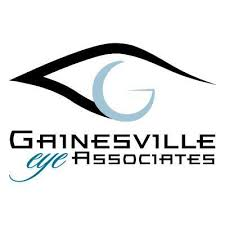Posted by: North Georgia Eye Associates in Blog,Vision Care


Summer has finally arrived, and the sun is brightly shining with warm temperatures. It is a perfect time to bring awareness and get sun-smart about UV Safety Awareness Month.
Here are some Sun Smart UV Safety Tips from the American Academy of Ophthalmology to prepare and protect your eyes:
- 47% of sunglasses wearers do not check UV ratings before making a purchase. Always buy sunglasses labeled “UV400” or “100% UV Protection.”
- Some medications and medical conditions can make people more photosensitive or vulnerable to UV damage, such as antibiotics, antifungals, antihistamines, cholesterol-lowering drugs, diuretics, or retinoids. If you have questions about your medications and the possibility of photosensitivity, talk with your doctor.
- Listed are results from an online survey conducted on behalf of the American Academy of Ophthalmology where a percentage of people do not believe the cause of photosensitivity:
– 82% – Retin-A skin creams
– 72% – Antibiotics
– 71% – Cataracts
– 71% – Light-colored eyes (e.g.,blue or green)
- Protect the kids! 74% of parents make their children wear sunscreen, and only 32% make their children wear UV-protected sunglasses.
- Interestingly, 83% agree that you should wear sunglasses when overcast, but only 17% do! Make sure to wear your sunglasses on cloudy days.
- Protect yourself with UV-blocking glasses and a hat! Some studies show UV rays may be related to the following:
– Pterygium (a growth on the eye, often called surfer’s eye)
– Photokeratitis (temporary sun blindness – sunburned eye)
– Eye Cancer (uveal melanoma)
– Cataract (clouding of the lens that causes blindness)
Sunny Days Are Good For Your Health
Healthy exposure to sunlight can have positive effects, as long as you protect your eyes from UV rays. A little exposure to natural light every day helps you sleep well. The light-sensitive cells in our eyes play an essential role in our body’s natural sleep-wake cycles. Spending time outdoors in the daylight is also a great benefit to your kids can help prevent nearsightedness in kids. Have fun and enjoy the warm summer weather safely; don’t forget the sunglasses and hats for everyone!
References: American Academy of Ophthalmology
